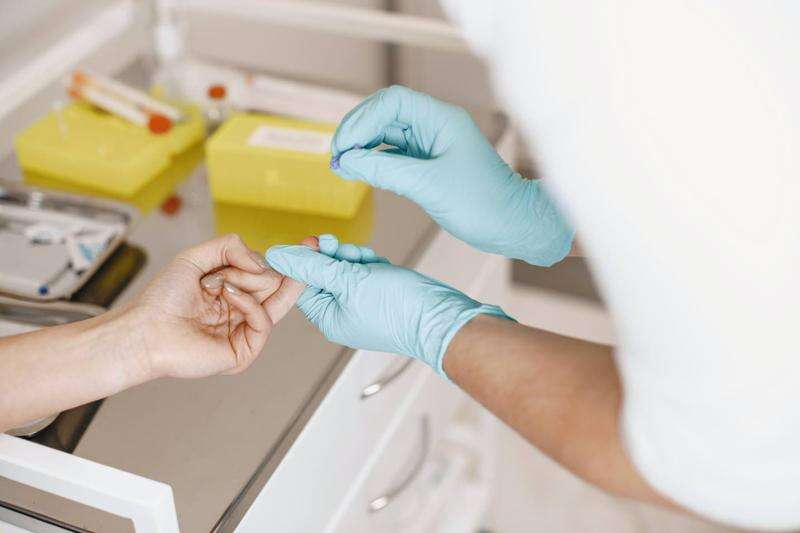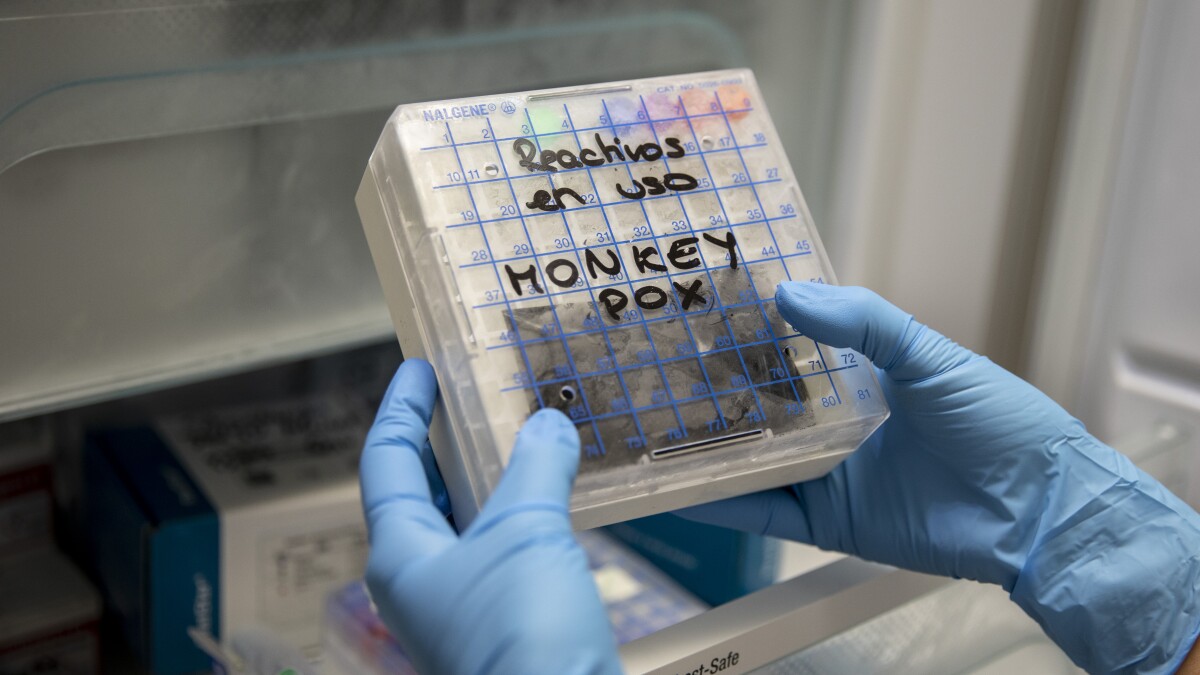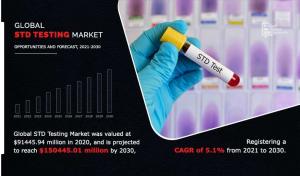Telemedicine allows you to privately discuss your symptoms with your doctor remotely, however, STDs can only be confirmed through testing. Therefore, if your doctor does think you are at risk of being positive for an STD, they will recommend you be tested after your virtual session to make sure. (Photo: Pexels)
SEXUALLY transmitted diseases (STDs) also called STIs (sexually transmitted infections) are common viruses typically spread through sexual activity and possibly close contact with an infected individual. Unknown to many, however, is that discussions around STD testing, treatment and preventative care can be had on telemedicine platforms.
The most common types of STDs that are tested for include:
• Chlamydia
• Gonorrhoea
• Human immunodeficiency virus (HIV)
• Herpes
• Human papilloma virus (HPV)
• Syphilis
• Trichomoniasis
If you are sexually active, you are at risk of contracting an STD. The only way to confirm you actually do have an STD is by testing. Some symptoms that may indicate you need to get an STD test include:
• Unusual discharge from the penis, vagina or anus
• Pain when peeing
• Unusual vaginal bleeding
• Itchy genitals or anus
• Blisters, warts, sores, lumps or any kind of abnormal growth on the genitals or anus.
If you have any of these symptoms, reach out to your doctor as soon as possible and consider taking an STD test. Note that you may become infected regardless of your age, your gender, your sexual orientation, and how many sexual partners you have. The following are some key reasons why testing is extremely important, particularly for sexually active people.
Protect yourself and your sexual partner (s)
Knowing your STD status will protect you and get you the treatment you need, but will also protect your sexual partners. Knowing your status will ensure you do not pass on an STD to someone else. Many STDs do not have any serious symptoms and you cannot detect the virus without testing. This includes chlamydia, which typically shows up without symptoms in both males and females. People often do not get tested because they are not experiencing any symptoms. However, it is crucial once you are sexually active that you get tested regularly regardless of if you are experiencing any symptoms.
Take advantage of more effective treatment from early detection
No one wants to test positive for an STD, however, it is better to know your diagnosis and treat it than to not know at all. Once you know your diagnosis you can receive treatment. Some STDs may clear up entirely after treatment while others may take longer-term treatment that is focused on making you comfortable and preventing the further spread of the virus as you continue to live with it. Learning early can help you develop a treatment plan with your doctor that is suited for you and your lifestyle. Early detection may not only save your life but the life of your sexual partner(s).
Many STDs, such as HIV, are much easier to treat when they’re caught early. There is even evidence that early treatment of HIV can come up with a ‘functional cure’. There is currently no full cure for HIV but you may avoid passing it on to your sexual partner(s) and reduce some of the risks of living with the virus once you catch it early on and are properly treated.
Avoid long-term health risks
If left untreated, STDs can cause long-term health risks, even if you were not experiencing any serious symptoms before. In females, for example, gonorrhoea and chlamydia can lead to pelvic inflammatory disease (PID) which is a leading cause of infertility and ectopic pregnancies. Also, HPV is most commonly linked to causing cervical cancer but it may lead to cancer of the vulva, vagina, penis or anus. Additionally, treatment of STDs may prevent mothers from passing on their virus to their unborn child during childbirth, causing the child to experience long-term illness.
Take control of your sexual health
If you are sexually active, making it routine to get tested every three-six months is an important way you can take control of your sexual health. Making STD testing a part of your overall health screening routine is key. Additionally, having open and honest conversations with your sexual partner/s and encouraging them to get tested will in turn protect yourself and remains a responsible way of practising safe sex.
Choosing MDLink for STD testing and support
MDLink provides comprehensive care for STD testing and support. It is understood that STD testing is a sensitive topic. Many people are worried about remaining anonymous when undergoing these tests and may feel uncomfortable being around other people knowing that they are going to be tested or treated for an STD. To avoid this discomfort, people avoid STD testing altogether. This is not the right choice.
MDLink offers convenient and private telemedicine options where you are able to privately discuss your symptoms with your doctor remotely, without ever going into the doctor’s office. You may use text, video or audio to go over your concerns, and even send photos of your symptoms if you feel comfortable doing so. However, STDs can only be confirmed through testing, therefore, if your doctor does think you are at risk of being positive for an STD, they will recommend you be tested after your virtual session to make sure. Follow-up can continue with your doctor online if you do test positive. This may include getting prescriptions for treatment as well as being educated on your positive result and how to move forward.
Additionally, MDLink offers drive-thru testing which allows you to never have to go into a doctor’s office throughout the course of your testing and possible treatment of an STD. The drive-thru services offer accredited testing for all STDs as well as rapid testing, allowing you to get your results in a shorter period of time, all from the comfort and convenience of your vehicle.
Understanding the importance of safe sexual health practices and taking control of your health is a step in the right direction. There is nothing to be ashamed of by being responsible.
STD testing empowers you to take total control of your sex life. Routine testing and safe sex practices put you in the driver’s seat no matter what your romantic or sexual situation is. You’ll be able to make informed choices about your sexual health.
Dr Ché Bowen, a digital health entrepreneur and family physician, is the CEO & founder of MDLink, a digital health company that provides telemedicine options. Check out the company’s website at www.theMDLink.com. You can also contact him at [email protected].
Discovered on: 2022-08-07 00:07:00
Source: Understanding telemedicine and STD testing



